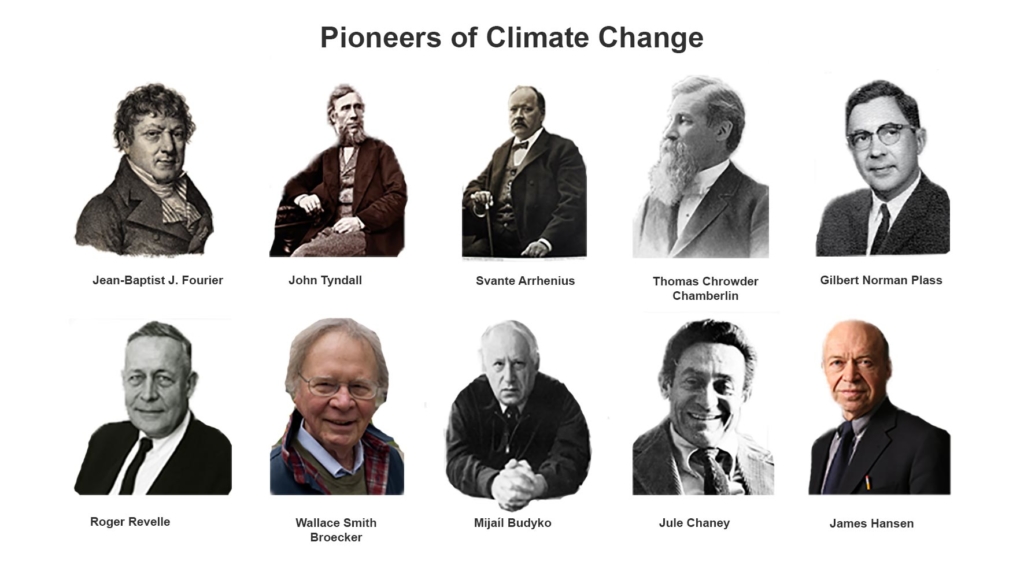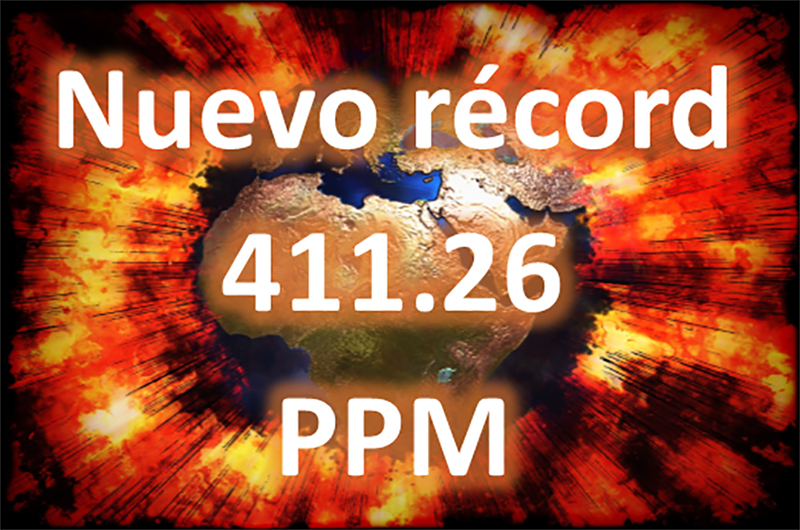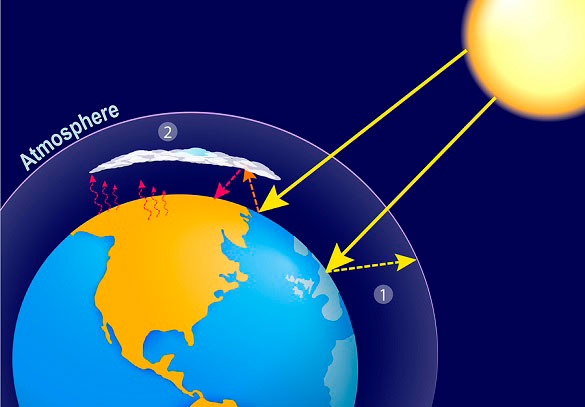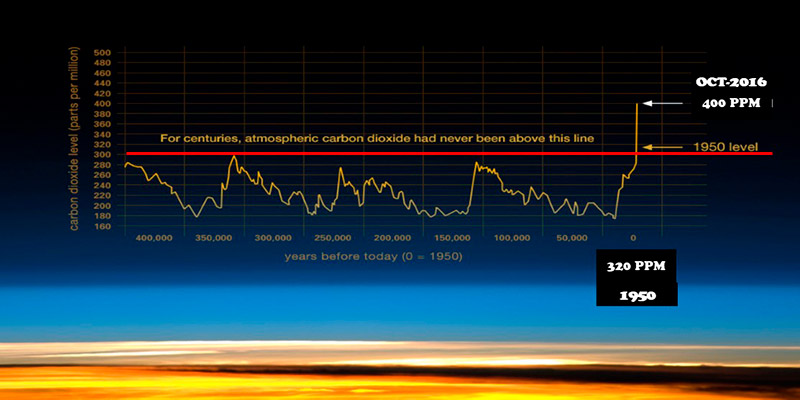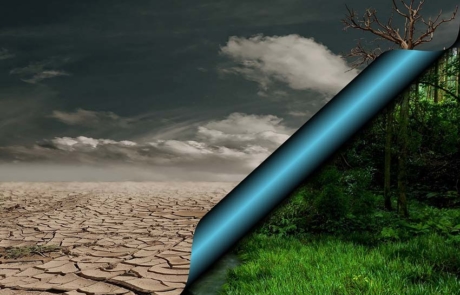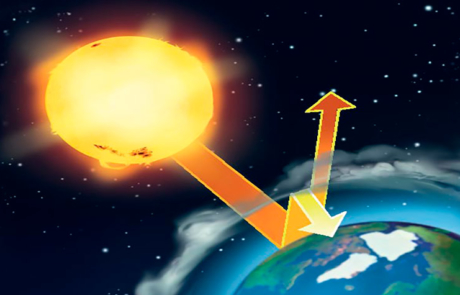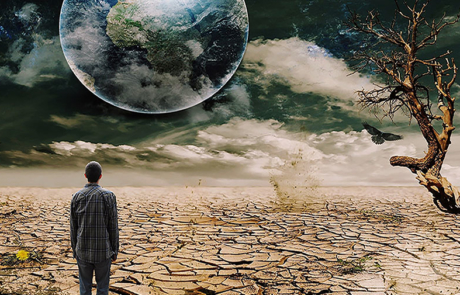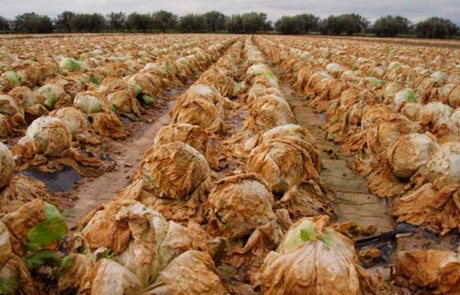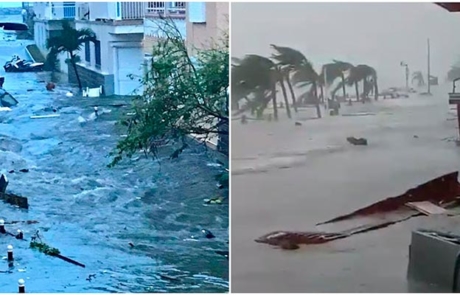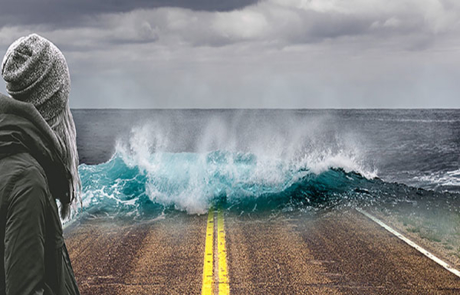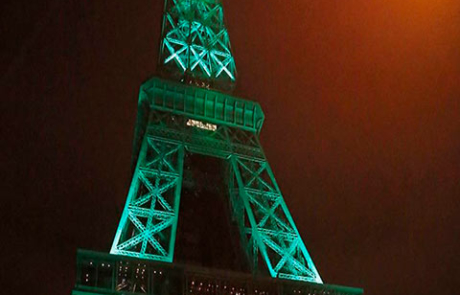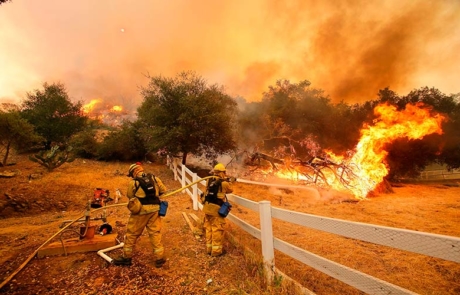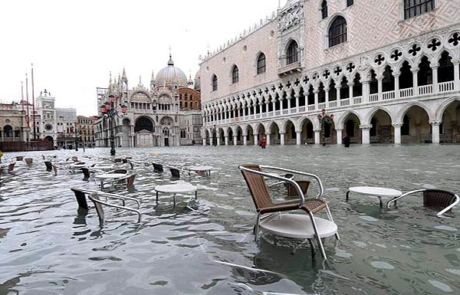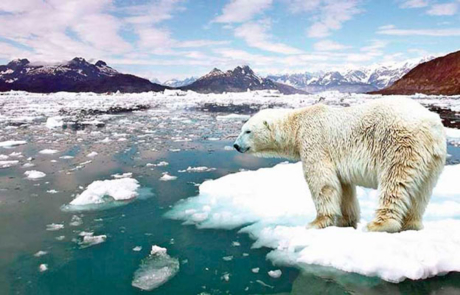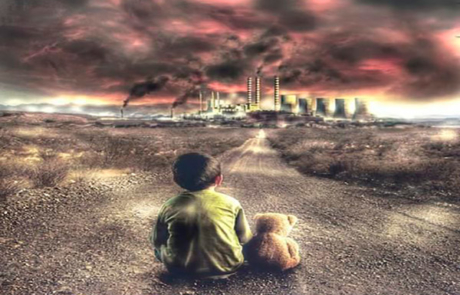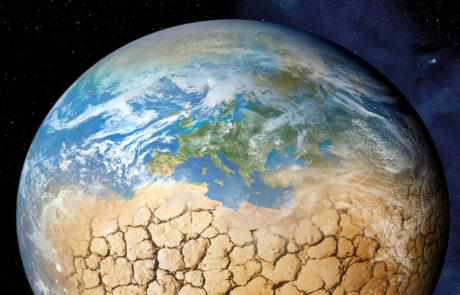FAQs about Climate Change
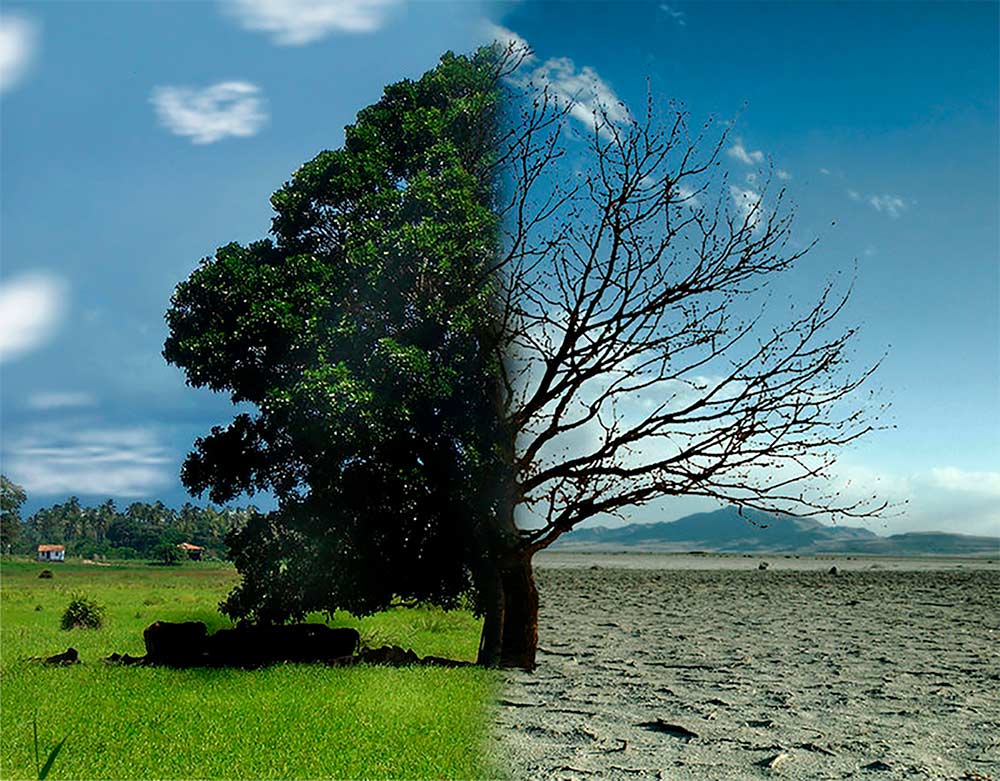
3. What are the consequences of climate change?
In the future, if the Paris Agreement goal is not reached, limiting the increase in global temperature to 2 °C or less from its pre-industrial level could lead to catastrophic events. Among them the increase in the level of seas and oceans, with serious consequences for island and coastal populations, forcing huge migrations of people and wildlife. The melting of glaciers and other frozen formations are the causes of the increase in the level of the oceans. This, although so far has been measured in fractions of millimeters per year, with 0.4 mm per year since 1993, in the future could exceed several meters if the temperature on the planet continues to rise.
The increase in rainfall in some places, and decrease in others, would have important consequences in the affected regions. In the first case, we would witness floods of large proportions, which in extreme cases could even form new aquatic spaces. In the second, the prolonged droughts would produce the expansion of existing deserts and even the formation of new sands, punished by low rainfall. Another consequence of climate change is the acidification of the oceans, which causes damage to reefs, phytoplankton and marine fauna. Finally, the most serious consequence of climate change would be the mass extinction of species.
Other FAQs about Climate Change
1. What is climate change and what is its origin?
2. What are the causes of global warming?
3. What are the consequences of climate change?
4. Are there examples of recent climate changes on Earth?
5. Why and how much will sea level rise in the future?
6. What are glaciers, icefield and Arctic ice and why are they related to climate change?
7. Is permafrost a climatic weather bomb due to global warming?
8. How will climate change affect humans and other species in the future?
9. What is the role of mitigation, adaptation and resilience to climate change?
10. How can we lose the fight against climate change?
11. What would happen if climate change could not be stopped?
12. Why the Amazon rainforest is the lung of the world?
13. Is the Amazon forest in danger of disappearing?
14. Have we reached the Anthropocene?
Other sections of Climate Change
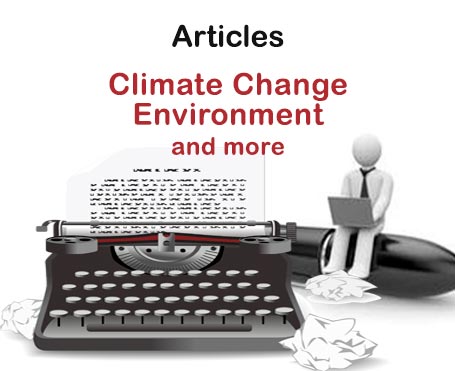
Pioneers of Climate Change
At all times and in all sciences, there have always been visionaries, those people who anticipate situations long before other persons can glimpse them. This is the case of Jean-Baptiste Joseph Fourier (1768-1830), a French mathematician and physicist, who in 1824 calculated that an object the size of the Earth and with a similar distance from the sun, it should be much colder to what our planet is really like. He affirmed that it was maintained with a temperate climate because the atmosphere retains the heat as if it were under glass. Thus, Fourier has the honor of being the first to use the greenhouse analogy…

Climate change, what is it and what are its causes?
Anthropogenic climate change is the variation of climate status attributed to human activity that alters the composition of the atmosphere and has consequences on the entire planet. The main cause of climate change is global warming caused by emissions of greenhouse gases (GHG), of anthropogenic origin, among which CO2 is the most frequent. The sources responsible for these emissions are the burning of fossil fuels such as oil, coal and gas, used mainly in industry and transport.

